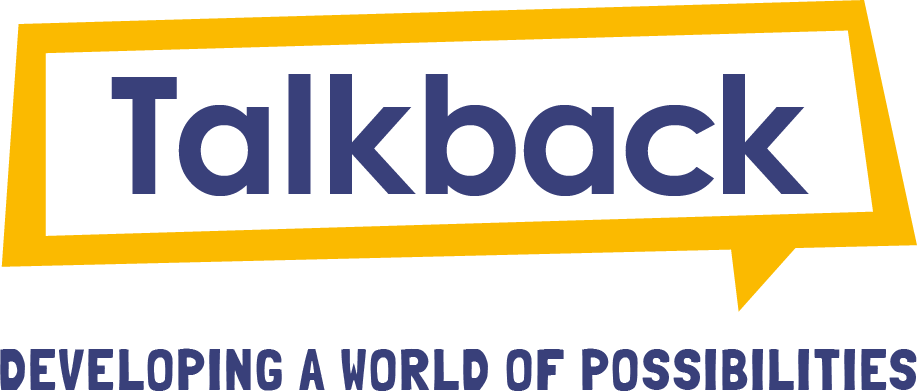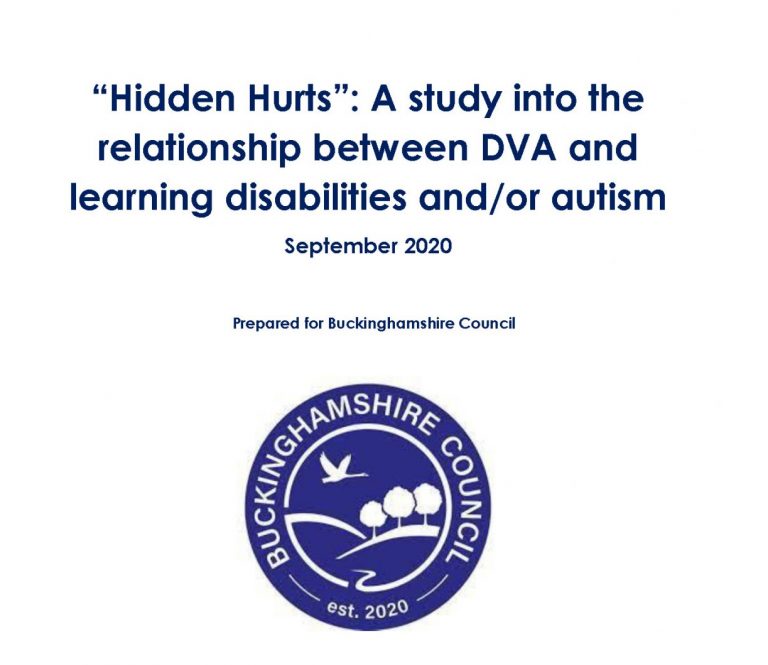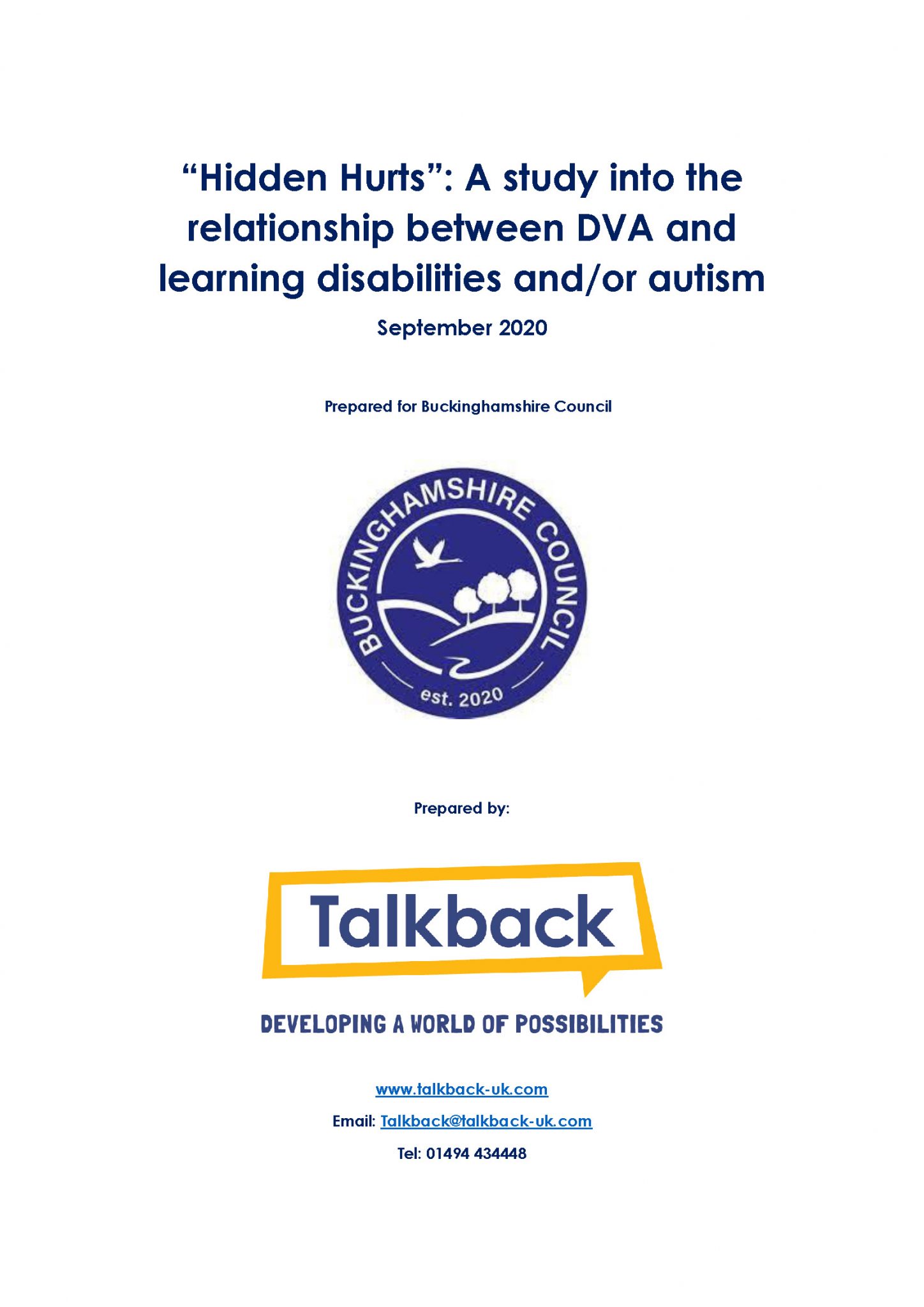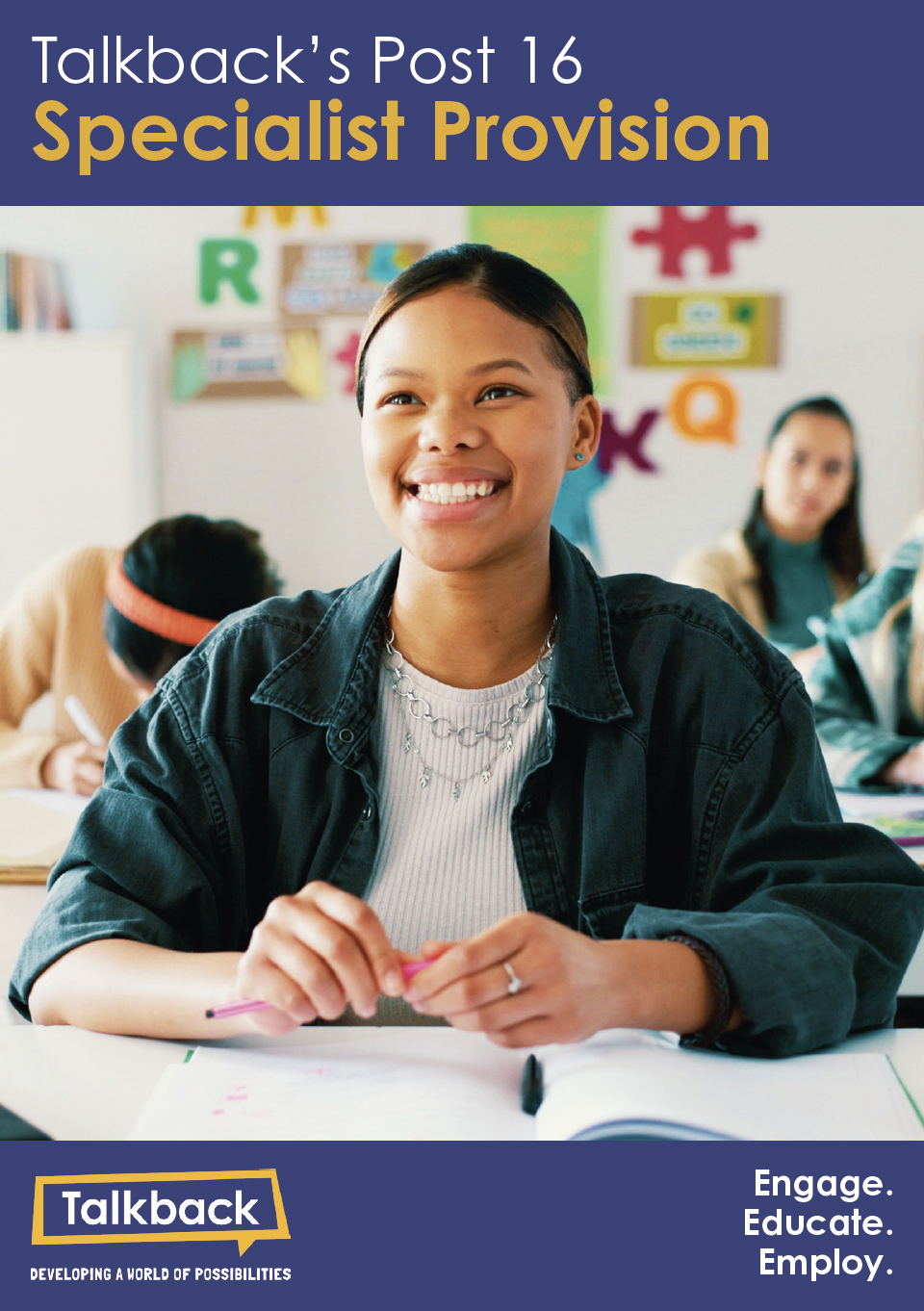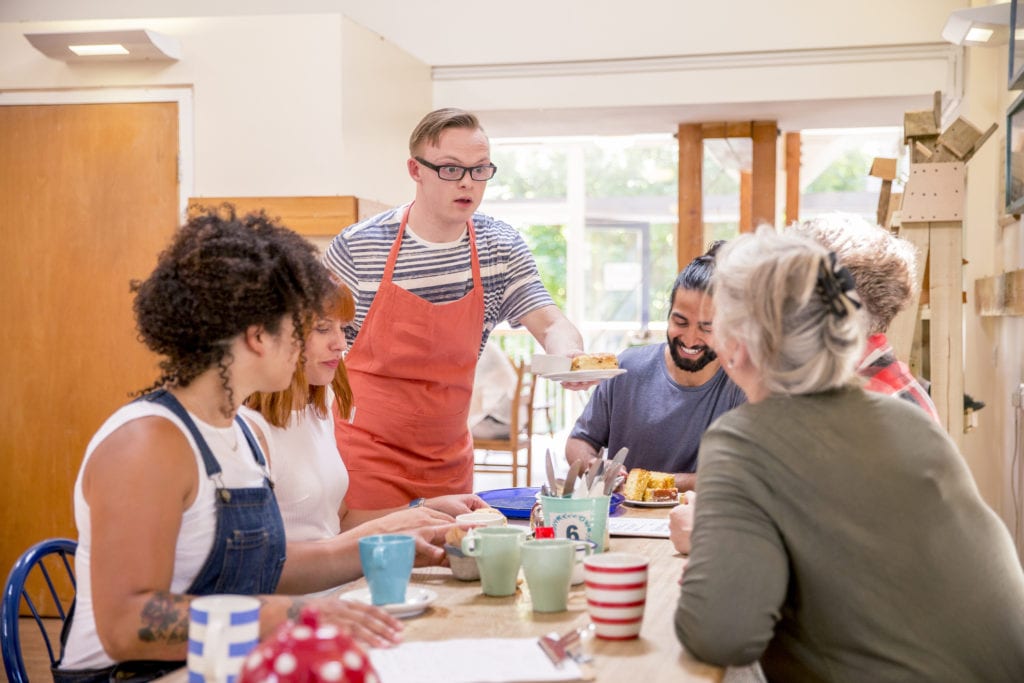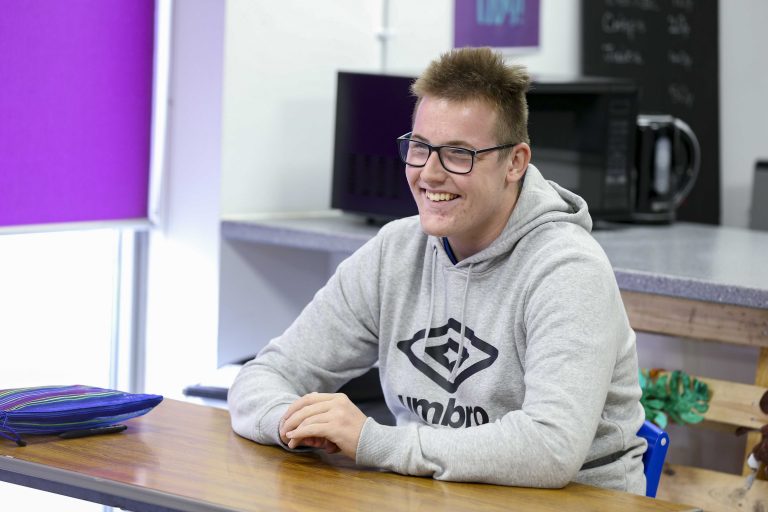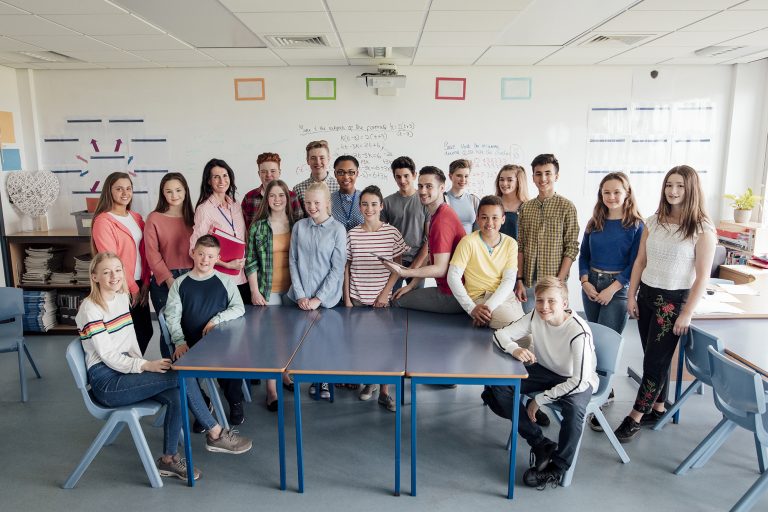Hidden Hurts Study – Domestic Violence and Sexual Abuse
In March 2020, Talkback UK was commissioned by Buckinghamshire Council. We were asked to conduct a study into the connection between Domestic Violence Abuse and learning disabilities and/or autism. The Hidden Hurts study contains insights into the failure of local services and providers. As a result, we can recognise and manage the impact of domestic abuse.
This study will help you understand. So you can better protect and support people with learning disabilities within your community.
Study Objectives
- To establish the nature and scale of DVA issues for people with a learning disability and/or autism. Both as victims or perpetrators. This includes people with minor learning disabilities. As well as those with severe learning disabilities.
- To identify how relevant services currently provide for learning disabilities and/or autism and DVA issues. As well as make recommendations for improvement.
Why is it so important
- According to recent ONS data (April ’19 to March’20), people with a learning disability (self-reported) were more than 3 times more likely to have experienced domestic abuse. Office for National Statistics – Disability and Crime
- Also, for the 3 years up to March 2018, people with learning disabilities (again, self-reported) were just under 3 times more likely to have experienced sexual abuse.
- Those with learning disabilities are less able to protect themselves. And less likely to receive the vital support they need to recover from abuse.
- Victims of domestic abuse are more likely to suffer long-term social and mental health problems. This places an unnecessary burden on our health and social care services.
Why things aren’t changing enough, what can we all do about it
As a result of the report, more will be done. In order to protect those in contact with learning disability and autism services. This will be done through proper staff training and member education. However, too many of us are burying our heads in the sand and pretending it doesn’t happen. As a result, people are making no attempt to open what might be a ‘can of worms’, to make the serious changes that are needed. In order to protect people with a learning disability and/or autism.
We all need to do more to understand abuse might be happening. We must ask, on a regular basis, ‘how are things at home’ and ‘how are things with your partner’. Using trusting and regular conversations. Download the Hidden Hurts study below.
